What Makes us Human?
Kanal-Details
What Makes us Human?
Podcast by Cornell University, College of Arts & Sciences
Neueste Episoden
38 EpisodenZIP Codes Matter
Mildred Warner, professor of city and regional planning, shows how inequality can be tracked across America simply by looking at ZIP codes.
Segregated Education
Noliwe Rooks, professor of Africana studies and director of American studies in the College of Arts & Sciences, explains the history of educational in...
Climate of Fear
Anna Haskins, assistant professor of sociology in Cornell's College of Arts & Sciences, explores the impact of incarcerated parents on their children’...
Lived Experience
Carole Boyce Davies, professor of Africana studies and English in the College of Arts & Sciences, explores global racial hierarchies and their remedie...
Workplace Rankings
Jamie Lyn Perry, assistant professor of management and organization in the SC Johnson College of Business, explores power and status in the workplace.
Closing Achievement Gaps
Peter Lepage, Goldwin Smith Professor of Physics in the College of Arts and Sciences and director of Cornell’s Active Learning Initiative, examines ho...
Unequal Parenting
Kelly Musick, director of the Cornell Population Center and professor and chair of policy analysis and management in the College of Human Ecology, exa...
Health Inequities
Jeff Niederdeppe, associate professor of communication in the College of Agriculture and Life Science, explores how “sociological” storytelling can ch...
Climate Refugees
Historian Maria Cristina Garcia examines how climate change causes economic and political upheaval.
Unequal Representation
Kiowa filmmaker Jeffrey Palmer, assistant professor of performing and media arts at Cornell University, examines how Indigenous stories are misreprese...
Unequal Happiness
Thomas Gilovich, Cornell University's Irene Blecker Rosenfeld Chair of Psychology, examines the impact of inequality on psychological well-being.
Climate Change Inequality
Linda Shi, assistant professor of city and regional planning, discusses how efforts to adapt to climate change can also worsen inequality.
Egypt's Nile
Ziad Fahmy, associate professor and chair of Near Eastern studies at Cornell University, looks at what the Nile River means to Egypt.
Clean Water
Prabhu Pingali, director, Tata-Cornell Institute for Agriculture and Nutrition, and professor of applied economics and policy and nutritional science...
Interstellar Water
Jonathan Lunine, astronomy professor and director, Cornell Center for Astrophysics and Planetary Science at Cornell University, examines the origin of...
A Water-Filled Journey
Athena Kirk, assistant professor of classics in the College of Arts & Sciences, examines Odysseus’ complex relationship with water.
Water Rights
Charles Geisler, professor of development sociology in the College of Agriculture and Life Sciences, explores the critical question of who owns our pl...
Water Connections
Eric Tagliacozzo, professor of history in the College of Arts and Sciences, explores the critical role the oceans have played in Southeast Asia.
The Need for Trees
Taryn Bauerle, associate professor in the School of Integrative and Plant Science in the College of Agriculture and Life Sciences, explores the critic...
Waterways of Venice
William Kennedy, Avalon Foundation Professor Emeritus in the Humanities, explains the influence of water on European Renaissance culture.
The Cost of Water
Catherine Kling, Tisch University Professor of Environmental, Energy and Resource Economics, examines the social costs of water pollution, and how we...
Love Bonds
Kevin Kniffin,professor in the Dyson School of Applied Economics and Management within the SC Johnson College of Business, explores what influences wh...
Science of Love
Andy Bass, professor of neurobiology and behavior, explores the biological basis of attraction.
Love and the Goddess
Lucinda Ramberg, associate professor of anthropology and feminist, gender and sexuality studies, explores marriage between girls and a goddess in Sout...
Courtly Love
Masha Raskolnikov, Cornell associate professor of English, explains how the invention of courtly love helped prevent warfare in medieval Europe.
Love Science
Vivian Zayas, associate professor of psychology at Cornell University, explores the behavioral, psychological, and neural components of love -- and it...
Topophilia
Marianne Krasny, professor in Cornell's Department of Natural Resources and Director of the Civic Ecology Lab in the College of Agriculture and Life S...
Product Love
Cornell Professor Kathryn LaTour explores why consumers feel love for certain products or brands. LaTour is the Banfi Vintners Professor of Wine Educa...
Colonial Love
Durba Ghosh, professor of history and director of Cornell's Feminist, Gender and Sexuality Studies Program, examines what love meant for colonial Indi...
Love Transformed
Kim Haines-Eitzen, H. Stanley Krusen Professor of World Religions and director of the Religious Studies Program, explores the complex relationship bet...
A Triangular Theory
Robert Sternberg, professor of human development, describes his triangular theory of love.
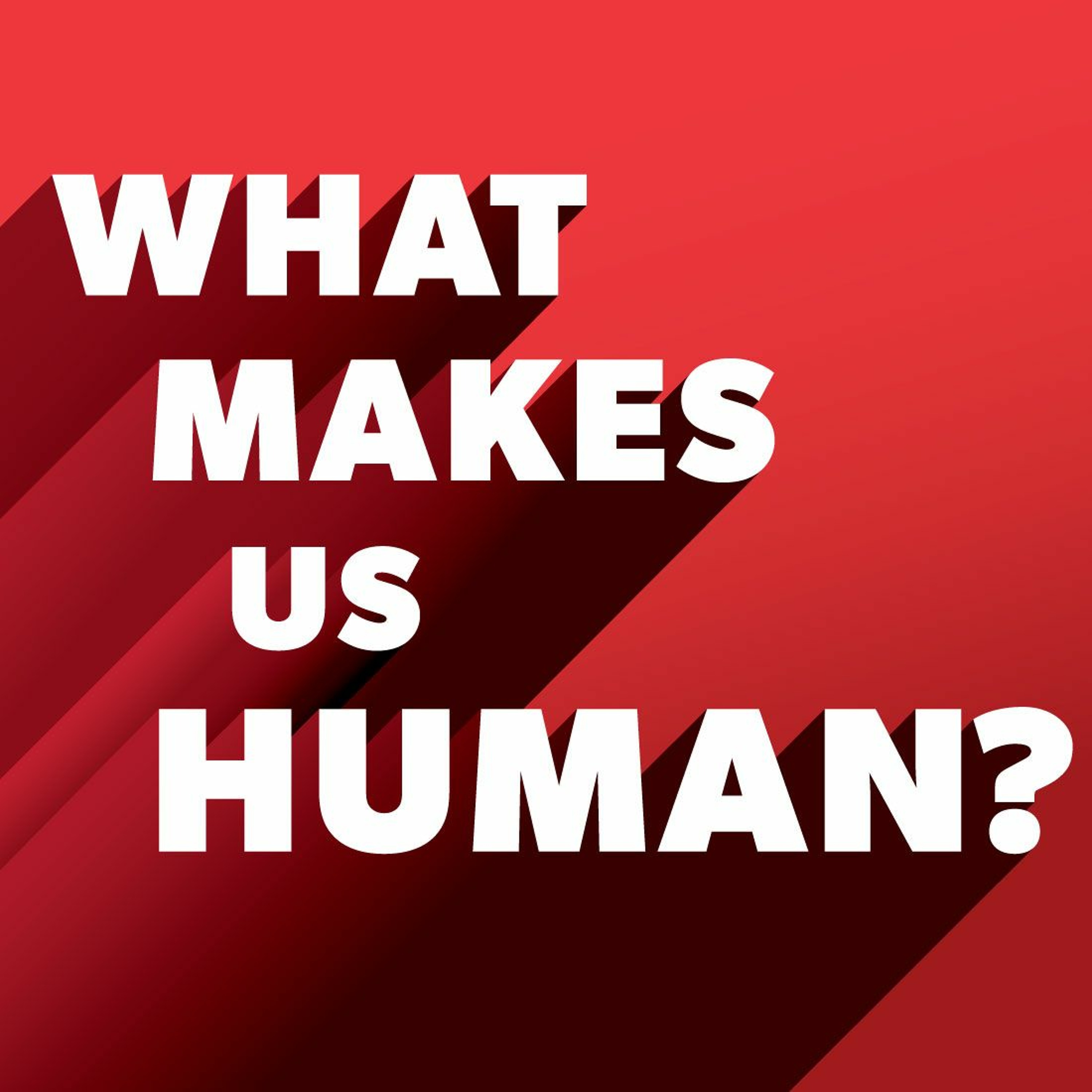
Building Resilience
Neema Kudva, associate professor of city and regional planning, examines how to build resilient communities in the face of environmental and economic...
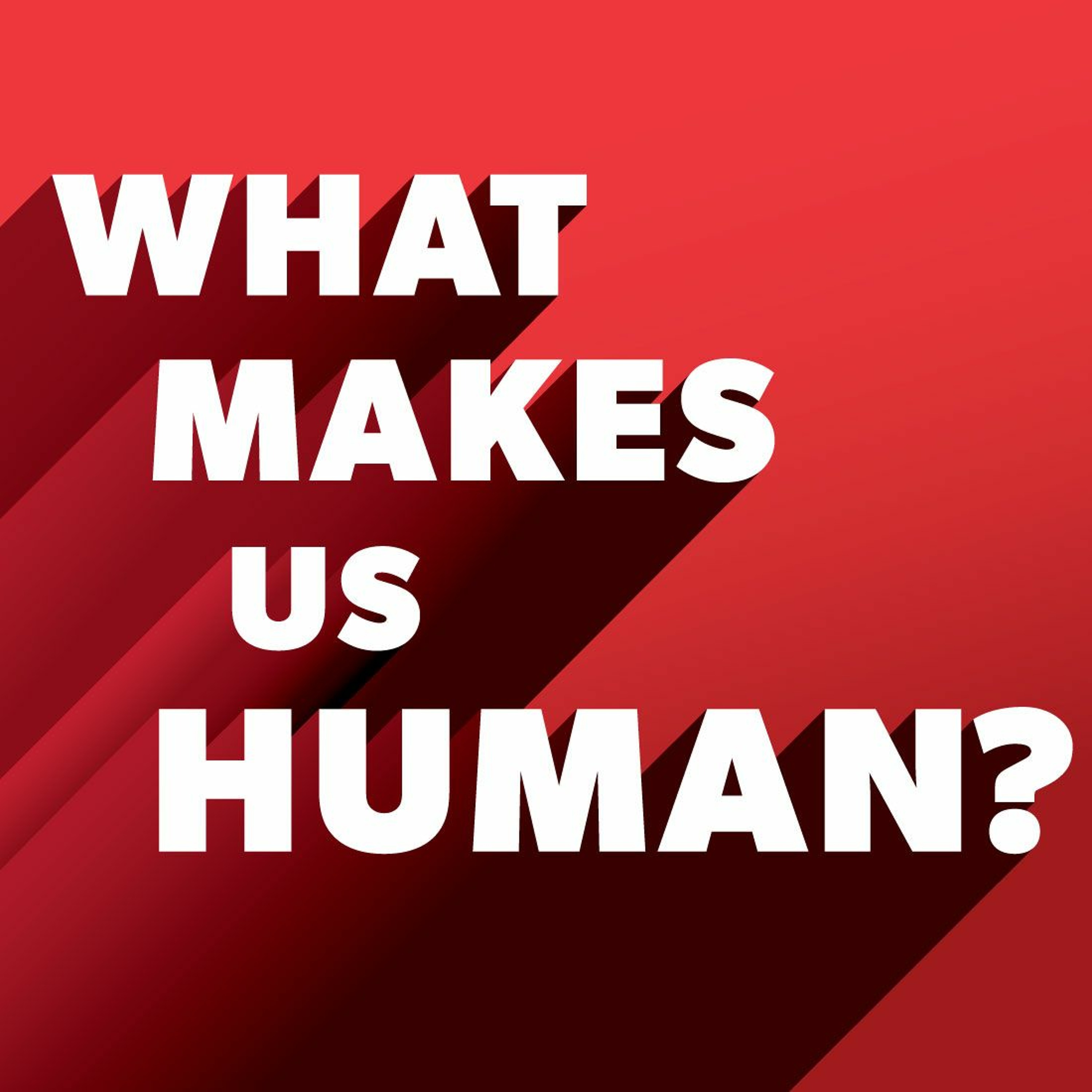
Cities Matter
Stephan Schmidt, associate professor of city and regional planning, asks whether cities can have a positive impact on climate change.

Future Fashion
Tasha Lewis, assistant professor in the Department of Fiber Science & Apparel Design, considers what happens to used clothing and asks whether we can...
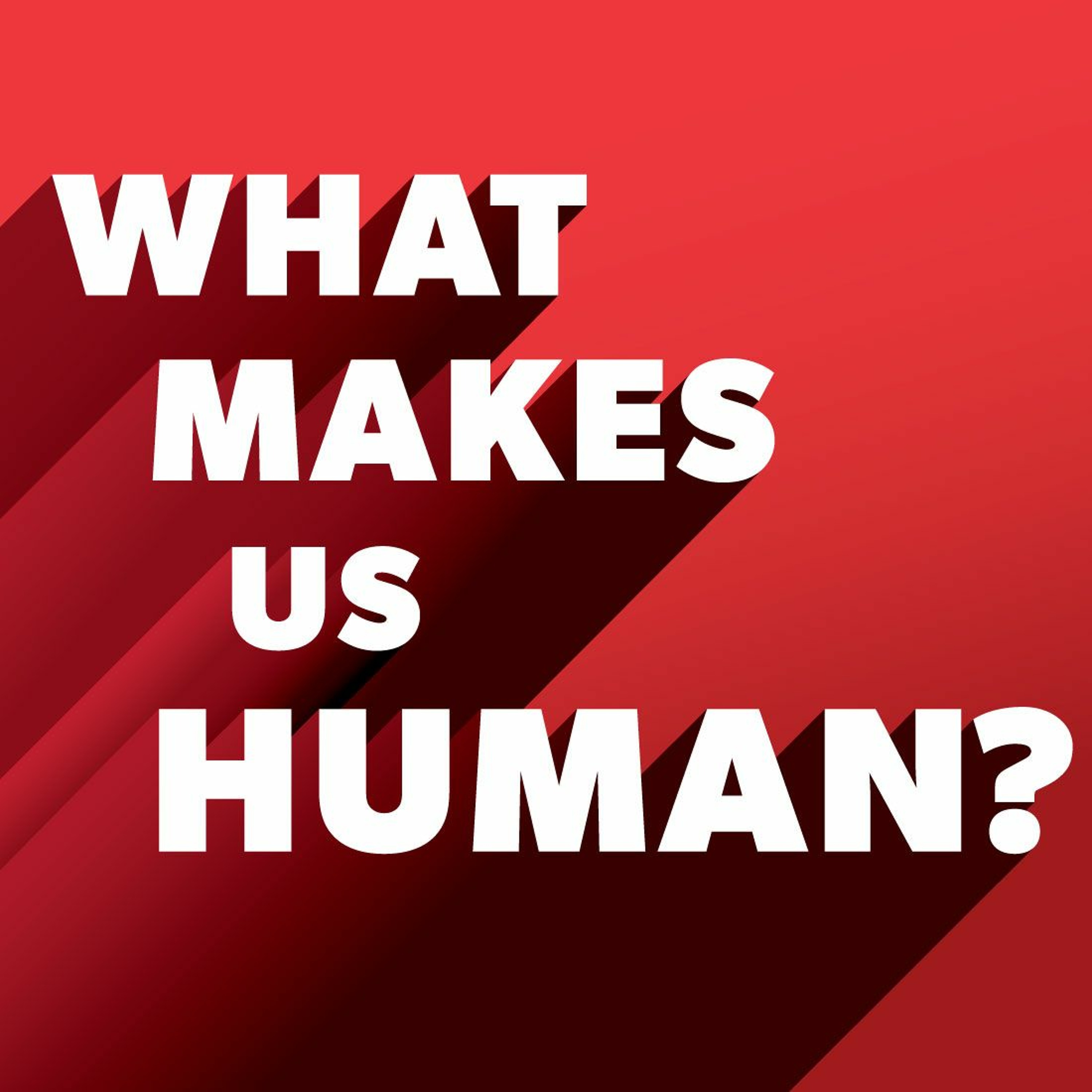
Unintended Consequences
Natalie Mahowald, professor of atmospheric sciences, looks at the unintended consequences of human actions on our environment.
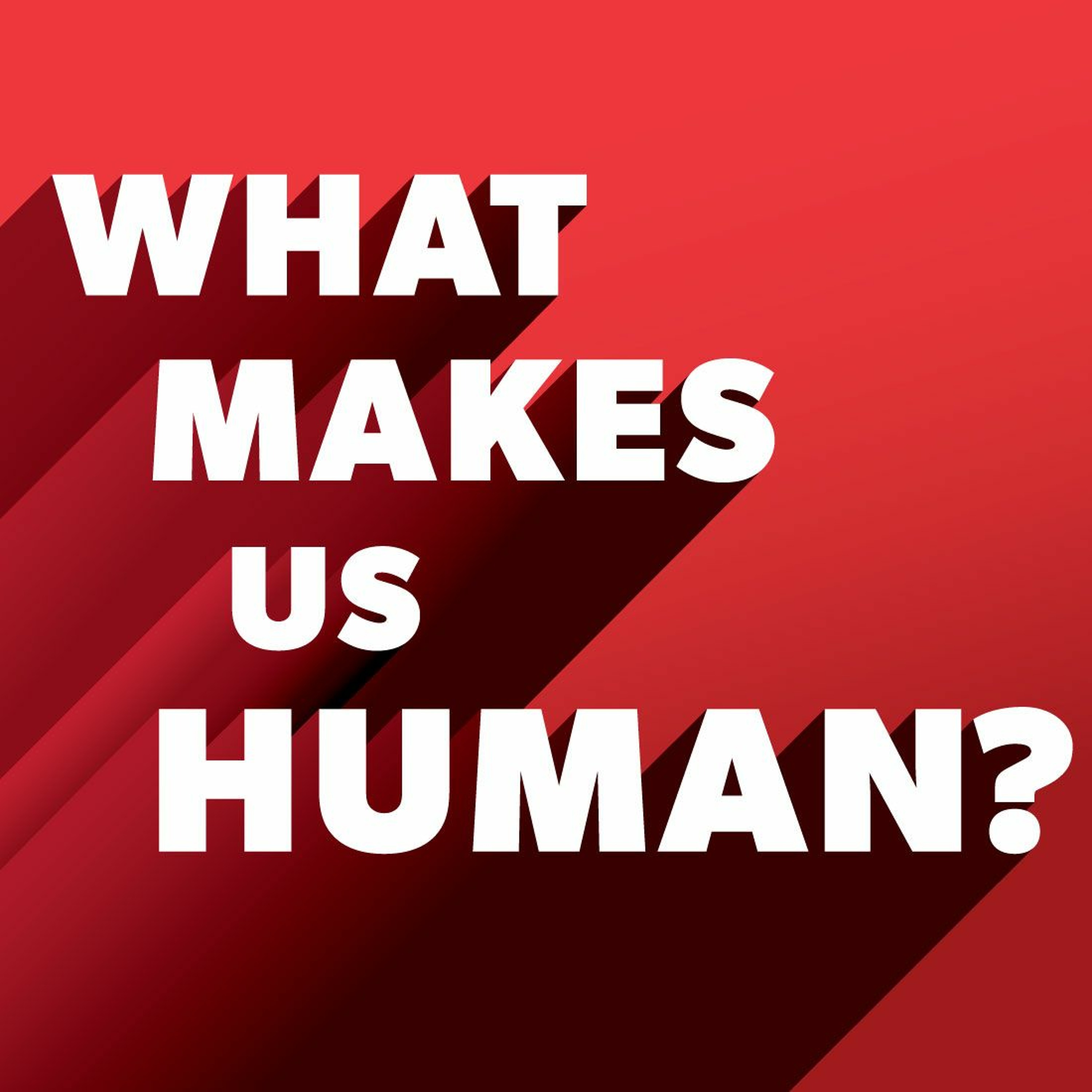
Cultivating Environments
Cliff Kraft, professor of natural resources, looks at the human actions behind the changes in our environment.
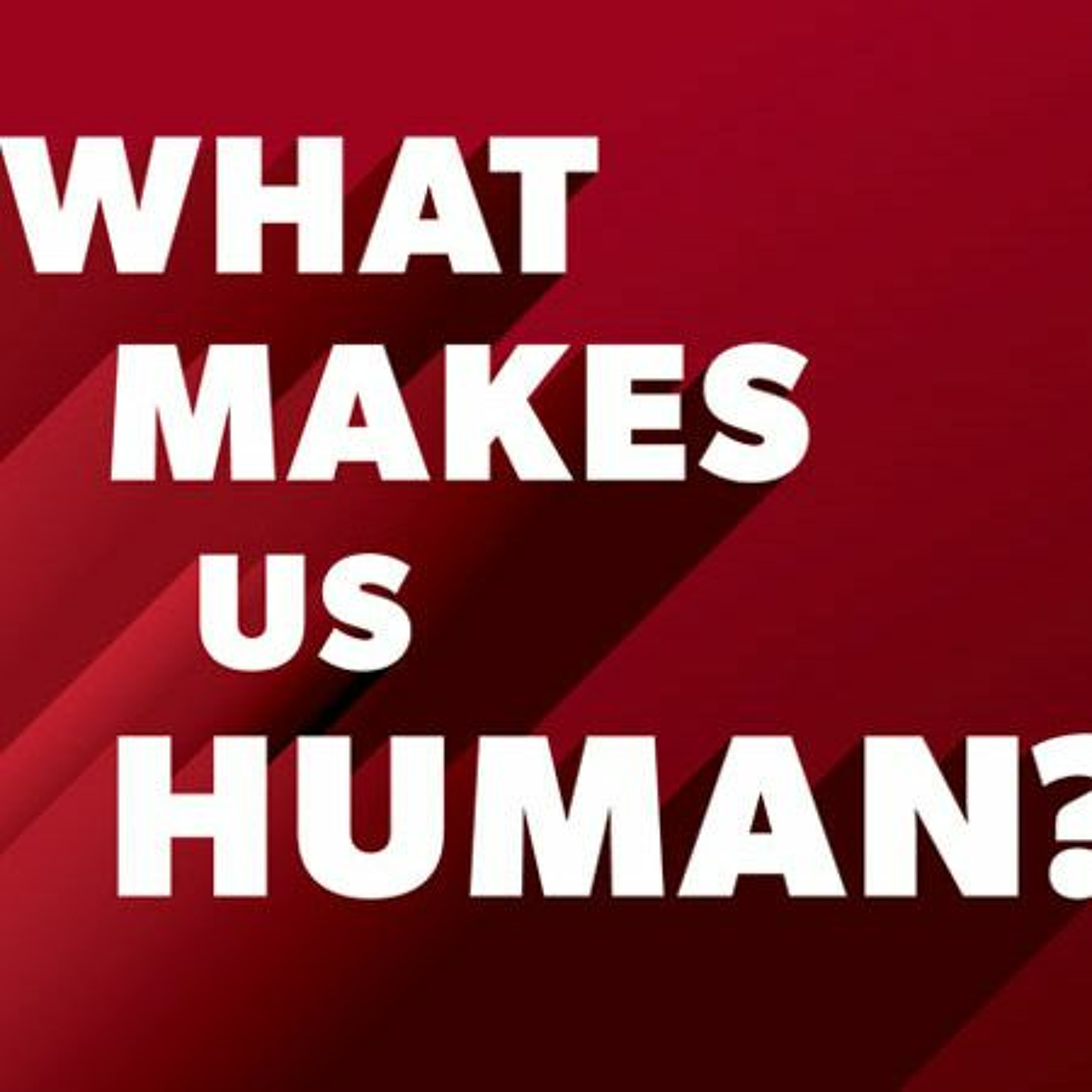
Imagining the Future
Anindita Banerjee, Associate professor of comparative literature, explores how science fiction can help make sense of climate change.
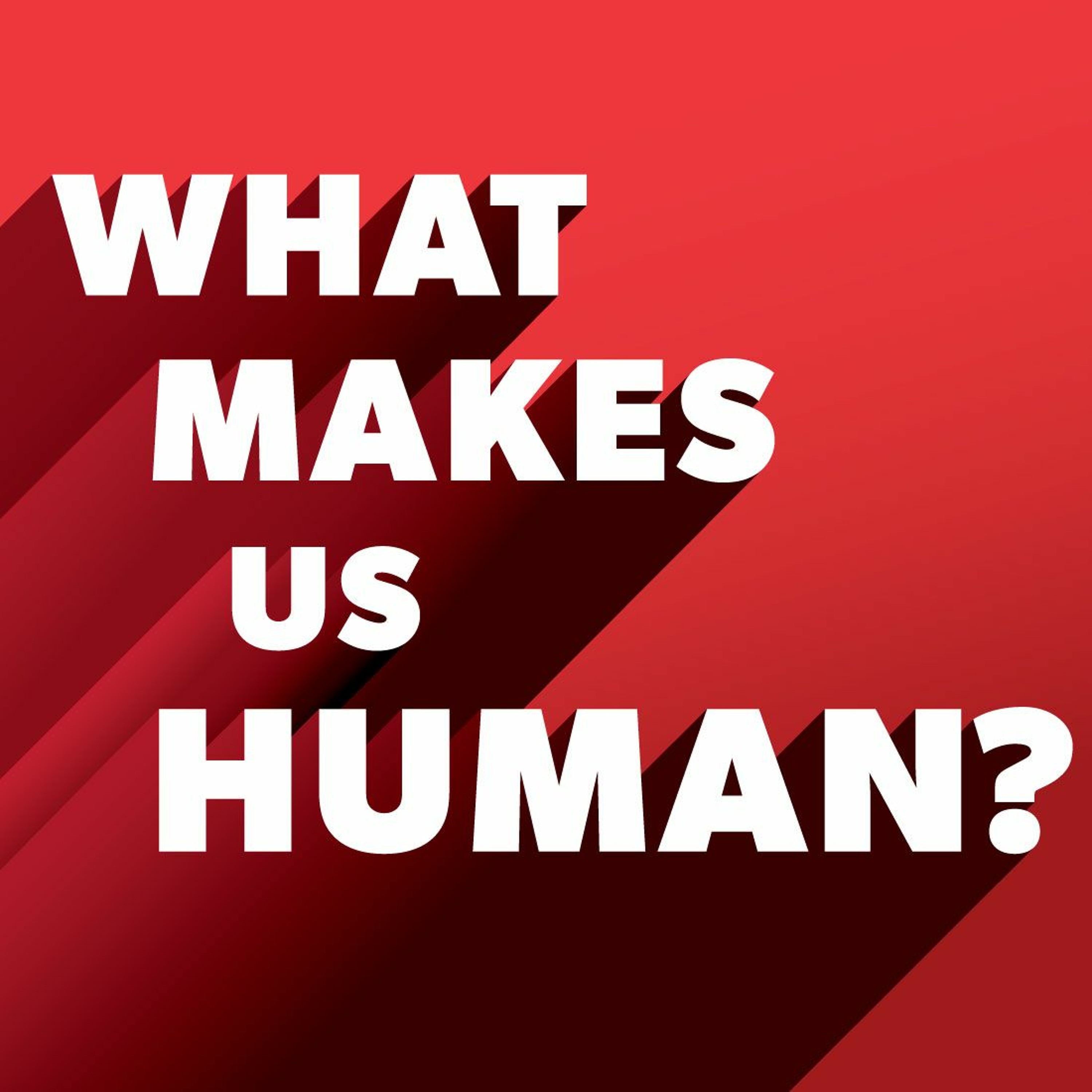
Planetary Health
Steve Osofsky, Professor of Wildlife Health & Health Policy, explores the complex relationships between health and human interaction with the environm...